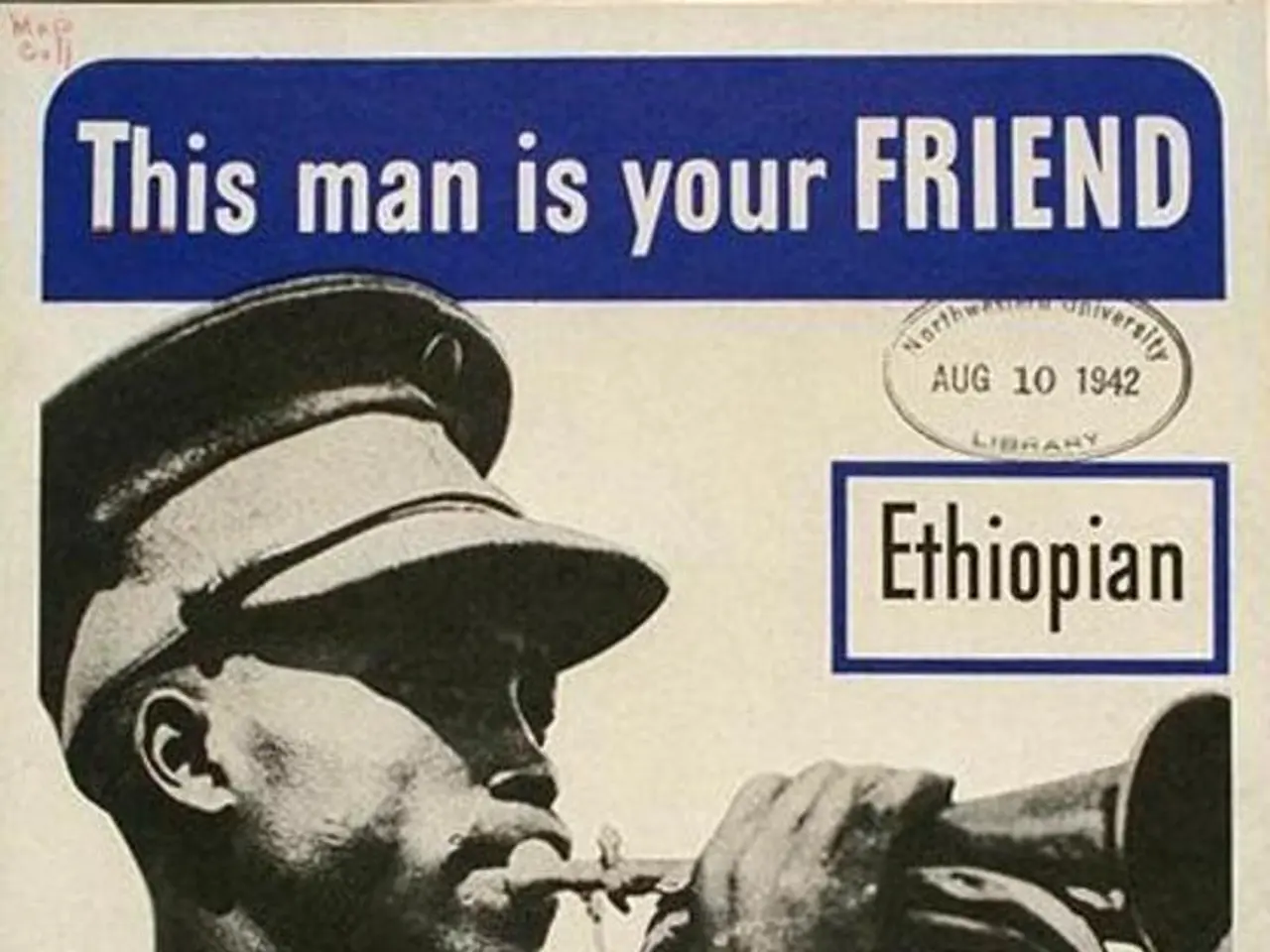Circus displays colorful flags as a form of protest against Merz
In a move that has sparked controversy, German Chancellor Friedrich Merz has opted against flying the rainbow flag at the Bundestag during this year's Christopher Street Day (CSD) celebrations. His decision, rooted in comments that the Bundestag is "not a circus tent where any flag could be hoisted," has led to significant criticism from various quarters, including the Lesbian and Gay Association in the Union (LSU) and the federal government's queer commissioner, Sophie Koch [1][2].
The rainbow flag, a symbol of diversity, unity, and remembrance of the oppression faced by homosexual, bisexual, and transgender people, particularly in relation to the Stonewall riots in New York's Christopher Street in 1969, holds immense significance for the LGBTQ+ community [3]. Its display at the Bundestag during Pride events in previous years was seen as a symbol of support and solidarity.
The chairman of the LSU, Sohnke Siegmann, deemed Merz's choice of words "unfortunate," while Andre Lehmann, a board member of the Lesbian and Gay Association (LSVD), highlighted the historical persecution and criminalization of queer people in Germany [1]. Criticism of Chancellor Merz has also been expressed by the federal government's queer commissioner, Sophie Koch. She asked the news portal "ZDFheute.de" about the implications of referring to the rainbow flag as a "circus tent" [2].
The opposition, including the Green Party and the SPD, has criticized Merz's stance. They argue that the flag represents a group facing increasing hostility and should be displayed in parliament to show solidarity [1]. The CSD, which celebrates the diversity and unity symbolized by the rainbow flag, has also been affected by Merz's decision, with some viewing his remarks as indicative of a lack of understanding or respect for the LGBTQ+ community [1].
The debate surrounding Merz's stance has brought into focus the representation and recognition of LGBTQ+ rights in Germany. As the controversy continues, it remains to be seen how this will impact the wider discourse and policy-making surrounding LGBTQ+ issues in the country.
[1] Taz.de, "Friedrich Merz will nicht die Regenbogenfahne an der Bundestagshalle hissen," 2022. [2] ZDFheute.de, "Sophie Koch fordert Merz auf, Regenbogenfahne an Bundestag zu hissen," 2022. [3] LSVD.de, "Die Bedeutung des Regenbogenfahnes," 2022.
- The controversy surrounding Friedrich Merz's decision not to fly the rainbow flag at the Bundestag during the CSD celebrations is a significant general news story, given its connection to policy-and-legislation and politics.
- The debate about the display of the rainbow flag at the Bundestag during Pride events, rooted in comments suggesting it is akin to a "circus tent," has brought the discussion of LGBTQ+ rights and their representation in policy-and-legislation to the forefront, impacting the wider discourse and future policy-making in Germany.







